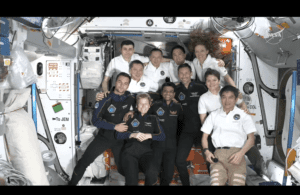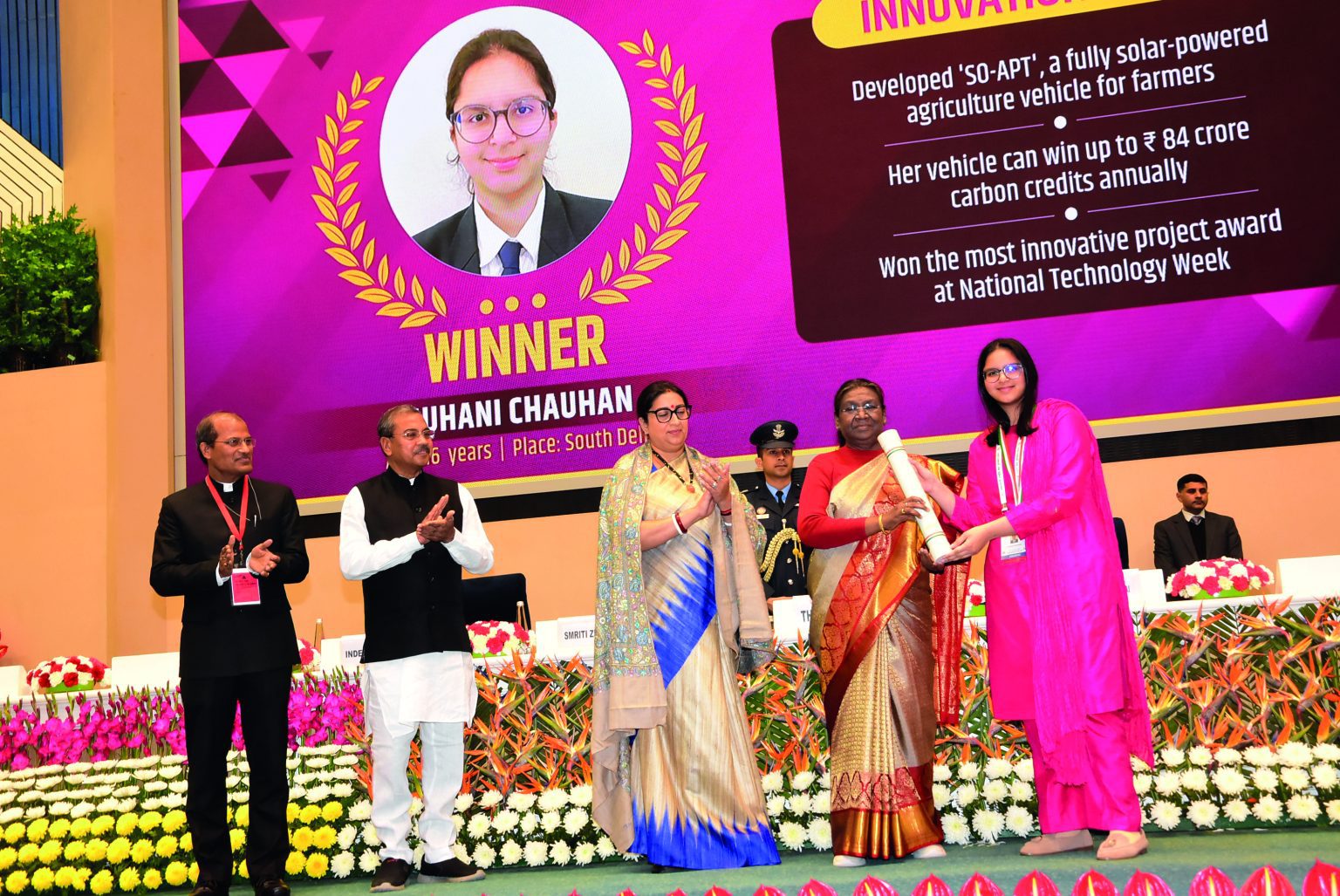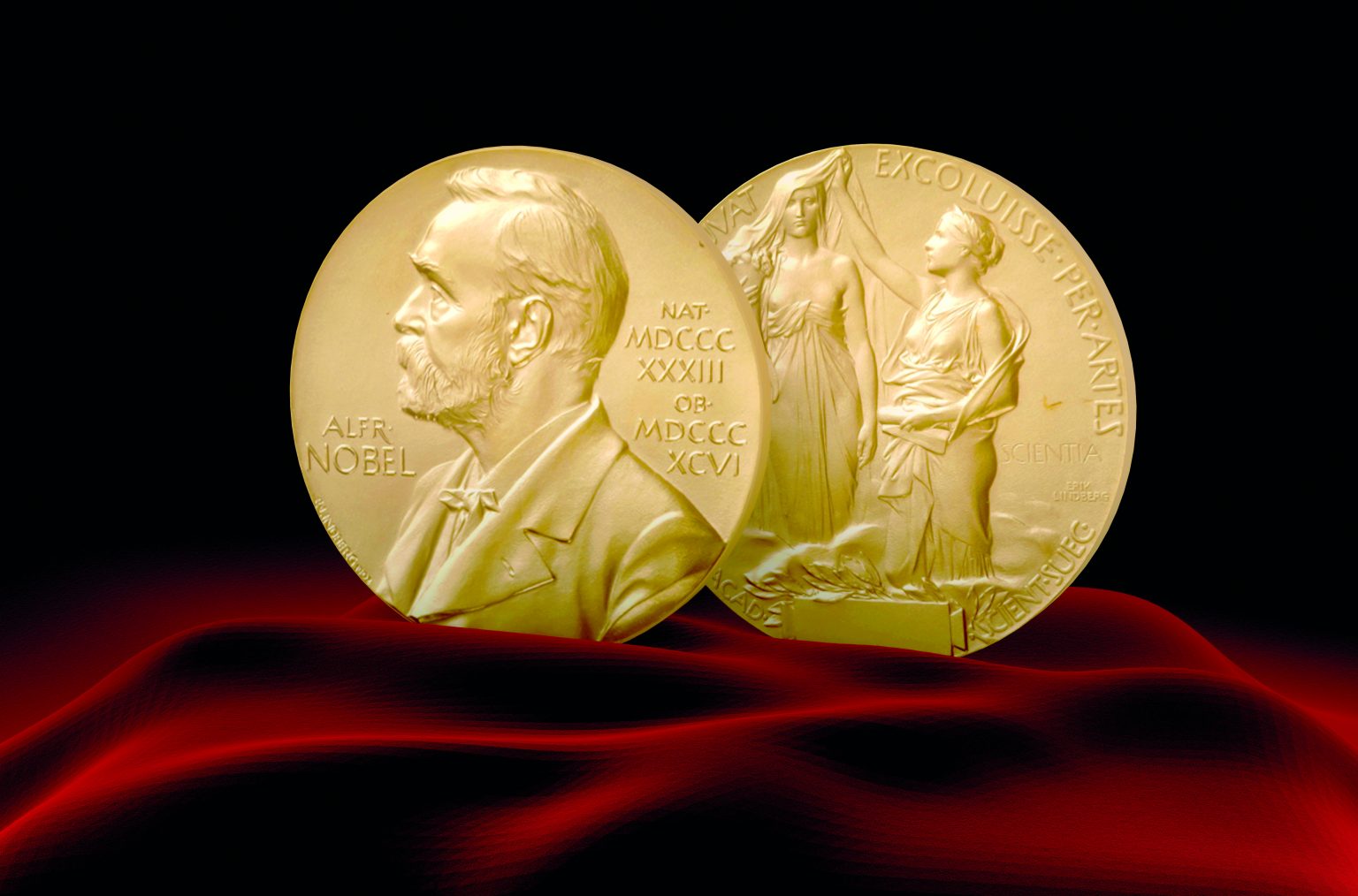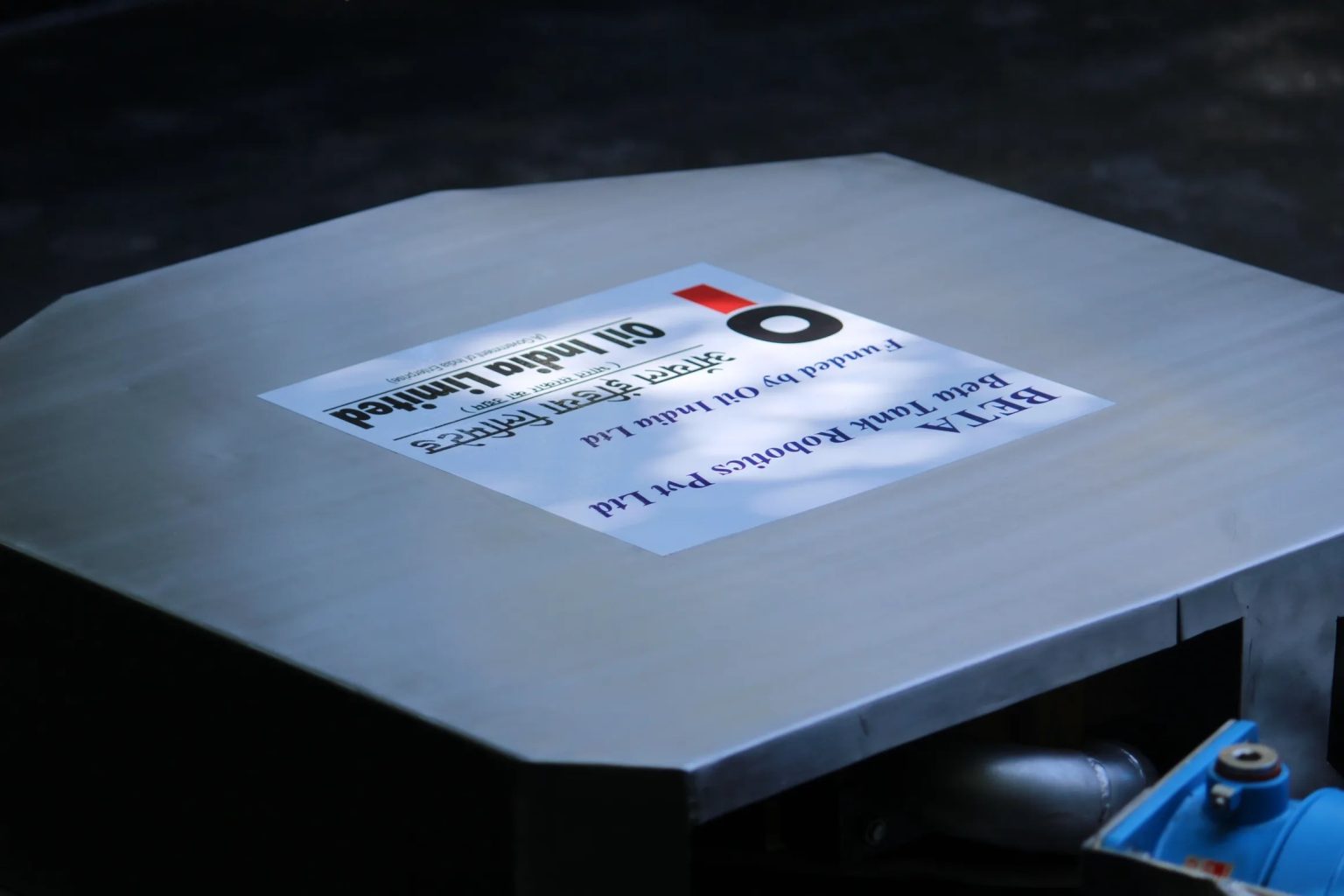Author: Science India Bureau
In contemporary India, where urban children are completely divorced from the realities of rural countryside, it’s a wonder that a young, budding scientist from a privileged South Delhi background should think about bettering the lives of Indian farmers. Suhani Chauhan, currently a student of Class XI at Amity International School, New Delhi, was recently awarded the Pradhan Mantri Rashtriya Bal Puraskar by the President of India, Draupadi Murmu, for her pathbreaking innovation called ‘SO-APT’, a unique solar operated agro-vehicle with portable tools. Suhani Chauhan’s innovation, the ‘SO-APT’ agri-vehicle Chauhan must have been a perspicacious child in Class VII when a…
Skilling India’s Power Sector
The National Power Training Institute (NPTI) stands as a beacon of excellence in the realm of power sector training. Under the aegis of the Ministry of Power, Government of India, NPTI has earned global recognition as a pioneer in power training. With its headquarters in Faridabad, NPTI operates through a network of eleven institutes, each contributing to the nation’s quest for energy self-reliance and sustainability. Inception and Evolution Established in 1965, NPTI emerged as a response to the acute shortage of skilled manpower in the burgeoning Indian power sector. It marked the nation’s commitment to self-reliance in energy generation and…
Tapping Immense Solar Wealth of the Nation
Under the Ministry of New and Renewable Energy (MNRE) of the Government of India, the National Institute of Solar Energy (NISE) is an independent specialised institute tasked with research and development, solar component testing and certification, capacity building, and the creation of solar products and applications. The technical assistance provided by NISE supplements the MNRE’s requirements to enable the country to become self-sufficient in producing renewable energy and to overcome various obstacles that arise during the National Solar Mission’s (NSM) implementation. NISE has made a name for itself in the solar energy industry by consistently creating newer technologies, creating standards,…
Dr Debabrata Maiti, a professor of chemistry at the Indian Institute of Technology Bombay, has been awarded the prestigious Shanti Swarup Bhatnagar Prize — the Indian national award for excellence in scientific research — for Chemical Sciences for the year 2022. He was chosen for this honour for his outstanding contributions to the development of transition metal catalysis for the transformation of organic molecules to prepare value-added materials by site-selective functionalization, an area of research that has a major impact on the agrochemicals and pharmaceuticals industries. Dr Maiti has shared the SSB prize with Dr Akkattu T Biju of IISc Bangalore.…
The last quarter of every year is the season of Nobel Prizes — inarguably the most prestigious award in the world. Beginning October, the Nobel Prizes of the year start getting announced, in the run up to the actual ceremony on 10 December, to mark the death anniversary of Alfred Nobel (1833-1896), the Swedish scientist, businessman and philanthropist, who established the prizes. In the domain of sciences, the prizes are awarded in the fields of physics, chemistry, and medicine or physiological sciences. Despite numerous nominations since 1901, when the prizes were first given, only eight Indians have eventually been awarded…
With the theme ‘Science and Technology Public Outreach in Amrit Kaal’, the ninth edition of the India International Science Festival (IISF) 2023 will be held at the Translational Health Science and Technology Institute (THSTI) and the Regional Centre for Biotechnology (RCB) of Department of Biotechnology, Faridabad, Haryana from 17 to 20 January, 2024. The theme of the ninth edition of IISF aims to provide a platform to inspire the public at large and individuals with diverse levels of interests like students, educators, scientists, researchers, industry professionals, entrepreneurs and science communicators. At the curtain raiser ceremony of the IISF in New…
A Robot To Clean Oil Tanks
A robot created by a Bengaluru start-up called Beta Tank Robotics Private Ltd. can function in oil tanks in petroleum refineries, removing hazards for people. The project was funded by OIL India Limited’s ‘Startup Nurturing, Enabling and Handholding (SNEH)’ Flagship Programme-Start-up India Fund and was incubated at IIT Guwahati in 2009. Sludge from crude oil tanks will be cleaned by this robotic solution and pumped out of the tank. These robots can easily pass under the heating coils because of their extremely low height. The robot collects and crushes the sludge at the bottom of the tank, then pumps it…
Vinay Kumar lived in a remote village in western UP where the health facilities were not up to the mark. He was diagnosed with a chronic condition called juvenile diabetes at the age of 14 when his mother noticed that he was losing weight. He was required to take daily insulin injections to manage his illness. But there was no doctor or testing facility in his village. The only doctor available was two-and a-half hours away from his village. No one in his family had even heard about juvenile diabetes until that point. Similar to Vinay, millions of people suffer…
It is history that gives us the wisdom and reasoning to find out the truth, and great civilisations that fail to preserve or doubt on their history and culture, lose their glory. On the Platinum Jubilee year of our Independence, when the country is celebrating Swantarta Ka Amrut Mahatotosava with great gusto, it is the moment to revisit our past; unlearn and relearn from history to sketch a proposition for country’s bright future, by taking pride in the scientific achievements of our countrymen in the colonial period, despite repression and discrimination. India had a strong tradition of science and technology that had…
TECH TALK/BANDICOOT
Adding Dignity to the Life of Sanitation Workers Sanitation workers across the nation are working on the frontlines during the pandemic. These workers, mainly the manual scavengers, are highly exposed to all kinds of domestic and hazardous waste. Manual scavenging, also called manhole cleaning is one of the biggest problems in India and one of the worst professions in the world. The working and living conditions of these scavengers are horrific, with dire consequences on their health and livelihood. There are about 1.8 lakh people in the country working as manual scavengers. Most of them die from inhaling poisonous gases accumulated…















